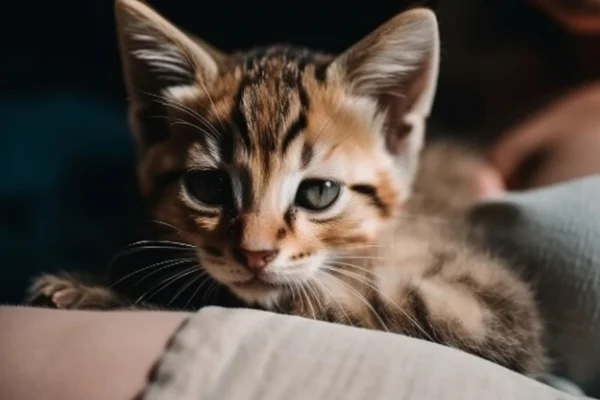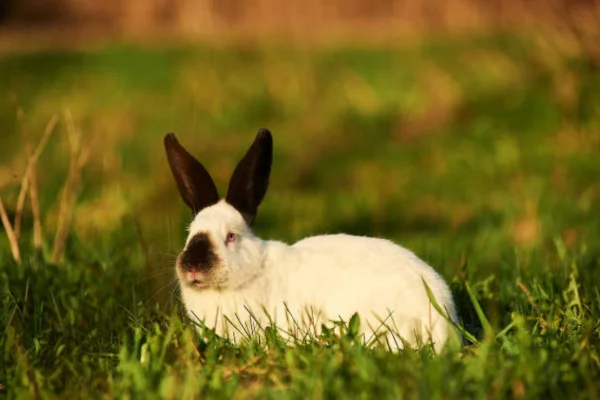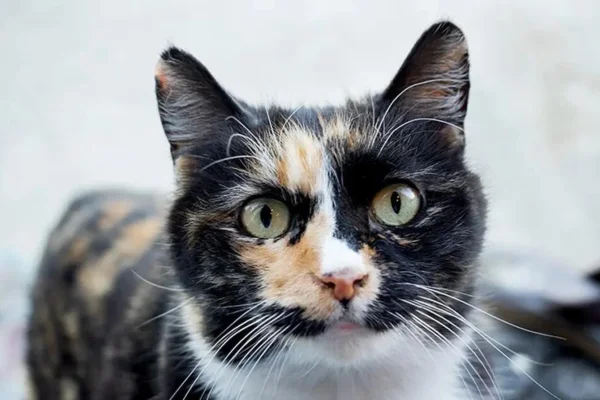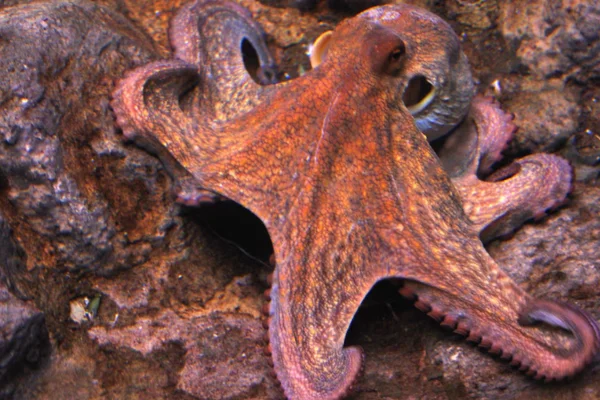Coping with Chronic Kidney Disease in Cats:
Dealing with CKD
Description: Find out how to deal with chronic kidney disease (CKD) in cats. This comprehensive guide offers valuable insights and practical tips for caring for your feline effectively.
Introduction
Chronic kidney disease (CKD) is a growing concern for cat lovers. This article provides detailed information and tips on how to tackle CKD in cats, keeping your furry friends healthy and happy. We'll explore the symptoms, diagnosis, treatment and much more, all in simple, accessible language.
Chronic Kidney Disease (CKD): What is it?
Chronic Kidney Disease (CKD) is a condition that affects cats' kidneys and can develop over time. The kidneys play a vital role in filtering waste and maintaining fluid balance in the body. When the kidneys don't work properly, CKD can develop.
Contents
Symptoms of CKD in Cats
Identifying the symptoms of CKD is crucial for an early diagnosis. Some of the most common signs include:
- Changes in thirst and urination: Cats with CKD may drink more water and urinate more frequently.
- Loss of appetite: Loss of appetite is common in cats with CKD.
- Weight loss: Cats with CKD can lose weight inexplicably.
- Vomiting and diarrhea: Gastrointestinal problems can occur.
- Dull coat: The cat's coat may lose its shine.
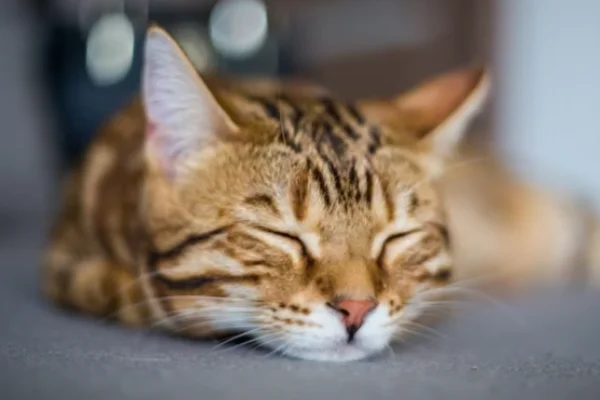
Diagnosis and treatment
Early diagnosis of CKD is essential. If you suspect that your cat may be suffering from this condition, consult your vet immediately. Diagnosis usually involves blood and urine tests to assess kidney function.
Treating CKD
Treatment of CKD in cats depends on the stage of the disease. It usually includes:
- Special Diets: Low phosphorus diets can be prescribed.
- Medicines: Vets may recommend medication to control blood pressure or stimulate appetite.
- Fluid therapy: In advanced stages, it may be necessary to administer fluids intravenously.
- Palliative care: In some cases, palliative care may be the best option.
Prevention of CKD
Although CKD cannot be completely prevented, some measures can help reduce the risk:
- Provide fresh water: Keep your cat hydrated.
- Balanced diet: Choose quality food and follow the vet's recommendations.
- Regular consultations: Take your cat to the vet for routine check-ups.
Frequently asked questions Chronic Kidney Disease
What causes CKD in cats?
The exact cause of CKD can vary, but factors such as aging, genetic predisposition and previous illnesses can play a role.
Is CKD common in elderly cats?
Yes, CKD is more common in elderly cats, but it can affect cats of all ages.
Is there anything I can do to prevent Chronic Kidney Disease?
Although it's not possible to completely prevent CKD, providing a healthy diet and fresh water, along with regular visits to the vet, can help reduce the risk.
Can my cat live a happy life with CKD?
Yes, with proper treatment and care, many cats with CKD can live a happy and comfortable life.
How important is early diagnosis?
Early diagnosis is vital, as it allows for more effective treatment and a better quality of life for your cat.
How to care for a cat with CKD at home?
Caring for a cat with CKD at home involves following the vet's instructions, administering medication as prescribed and providing a suitable diet.
Conclusion
Coping with chronic kidney disease (CKD) in cats can be challenging, but with proper care and the guidance of a veterinarian, it is possible to provide a happy and healthy life for your feline. Always remember to be aware of the warning signs and seek professional help when necessary.
Thanks for stopping by, check out our other work too
Chronic Kidney Disease

